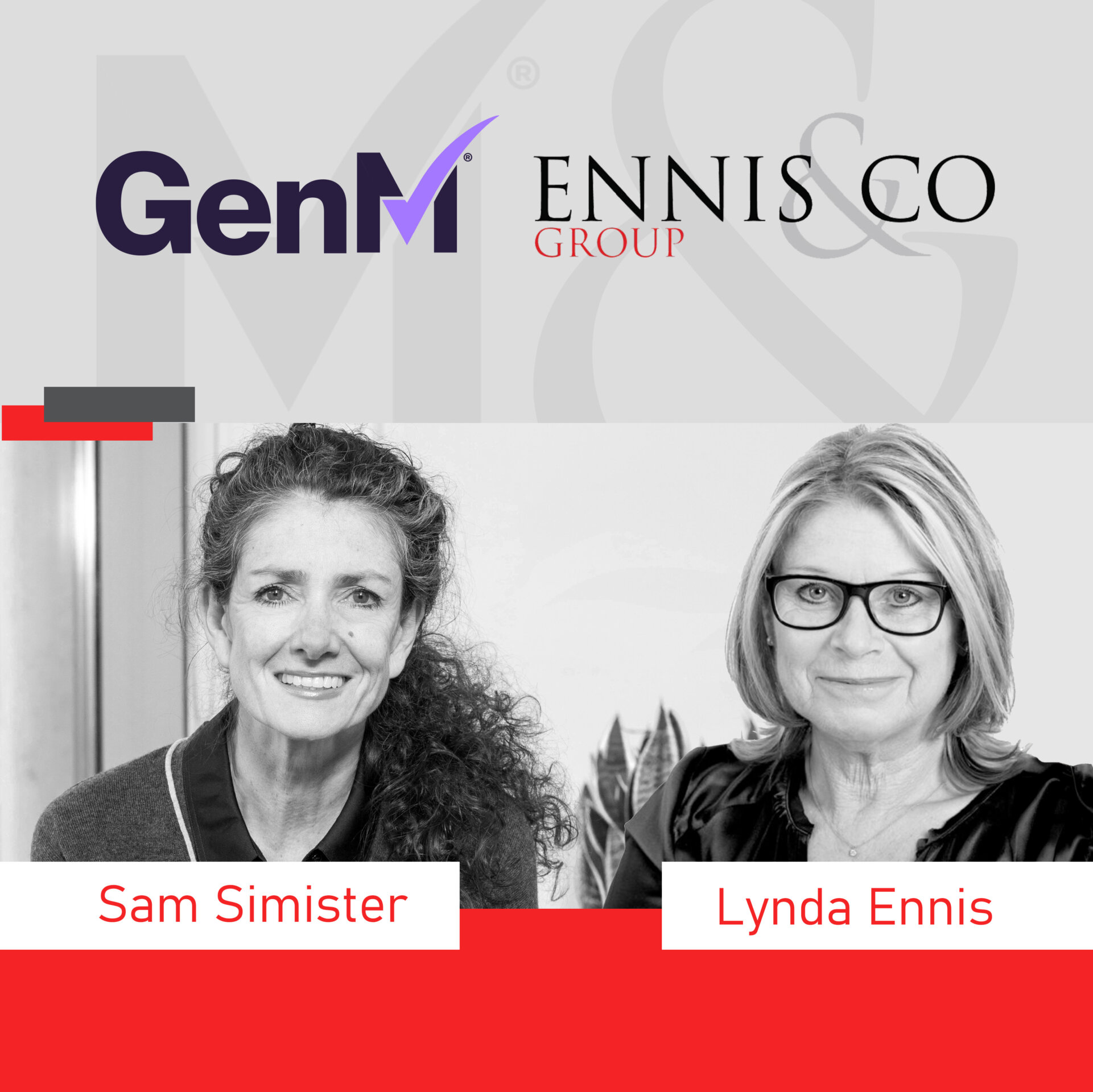
This post is about my favourite element of my job, which is working with candidates. More specifically, it’s about something I have noticed the best candidates manage to do throughout the process of being approached by a Search professional like me, then continue to do when being interviewed by my clients, and thereafter right to the end of that process, and beyond.
Working with candidates is one of the most rewarding parts of my job because I love learning about people, how they have shaped their career and what makes them tick.
Obviously, candidates who work with us are often at a point of reviewing their career, their aspirations, their wants and needs. Or sometimes, the opportunities we present to them are mouth-watering enough to tempt them to do so. Those opportunities could be a step up to the next level or an exciting new challenge in a different arena.
Being in Search, my candidates are generally senior professionals. They are highly skilled, talented and often possess a high emotional quotient. But only some recognise that the process of reviewing their career options presents them with a great opportunity to work on something else that is a really important part of their overall package as a professional: their brand, and how they communicate it. And that is what I really wanted to focus on here.
In my personal experience, being approached by a head hunter and going through the whole process of assessing a potential employer to find out whether you really want to work for them, and then interviewing with them, is an exciting, challenging and often emotionally heightened experience – slightly elevated and separate from the everyday business of work, no matter how engaging your job.
It’s a networking opportunity par excellence – and this is something that the savvy candidate knows.
Don’t forget that when you enter into a round of interviews, you have an opportunity to learn about a company’s culture and how they work: a good Search consultant should help you to understand that. And what’s more, you will get the opportunity to learn all this directly from a person of influence who probably has a really in-depth understanding of their company and what really makes it work, as well as the challenges that come with it.
And you will get the opportunity to create a lasting impression. You may not be selected for the role, but there is nothing to stop you making the best of the networking opportunity, and adding some residual value to the impression you make by ensuring you communicate openly and honestly throughout the process. Exactly as you would with a prospective client, in fact.
Example. If you had spent some time with a potential new client (instead of a prospective employer) you would not hesitate to write to them afterwards to thank them for their time, and mention a few things you particularly admire about their organisational culture, ethos or management team. So why not do it with an interview?
That approach is not always taken by individuals when they are going through a process that could impact on their career. I think this is at least partly psychological: as I have said, the process is a slightly strange, elevated one, and I believe some people separate it from the normal run of things. Others think it would be too presumptuous to do this, fearing they have something to lose, rather than everything to gain.
It’s notable to me how often the people who are generally successful in their careers tend to adopt this “client” approach to networking when they’re involved in a Search process. They know that nobody can manage their brand except them, and that there is no “off” switch with branding, in any professional context.
What if you’re plagued by doubts whilst still in the process? Perhaps you feel you’ve made a mistake after initially showing interest in a role. If you’re tempted to “go silent” mid-engagement, for whatever reason – don’t. Share this with you Search partner. A good Search partner should be a sounding board for your concerns and worries, not someone who will upbraid you for “letting them down” (ugh). It’s your life, not ours. Career decisions are important ones, and being upfront if you are having doubts – and being honest about why – will be to your credit, not to your detriment.
I have seen many good candidates enhance their individual brand when they have not been successful in interviewing for a role, and I have seen them reap the rewards of that a little down the line. What I have learned from this is that the whole process of being approached in a Search, being interviewed by a prospective employer, and even being rejected, presents an opportunity. And there is a marked correlation between understanding that and progressing your career.
Networking is more important now than it has ever been, and the industry is surprisingly small. People move around: you never know where the person who interviews you today may be tomorrow. In the Search process, apply the same professional, canny behaviours you normally would with a prospective client, and you’ll give yourself the best possible chance of creating a good impression.





